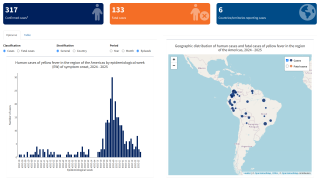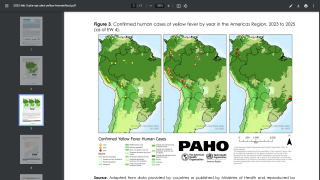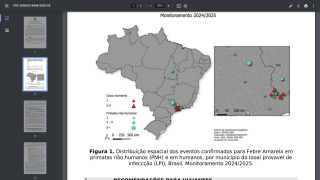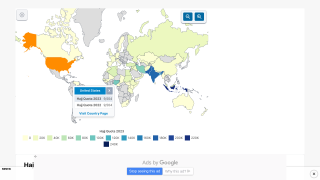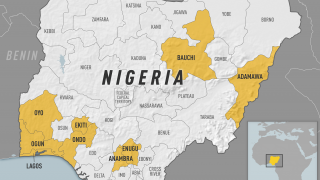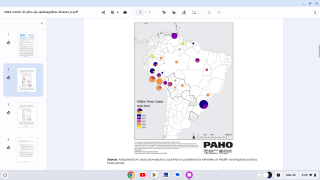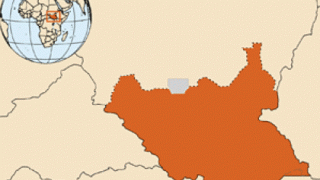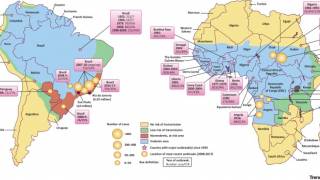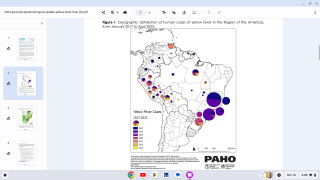Yellow Fever Returns to the Americas
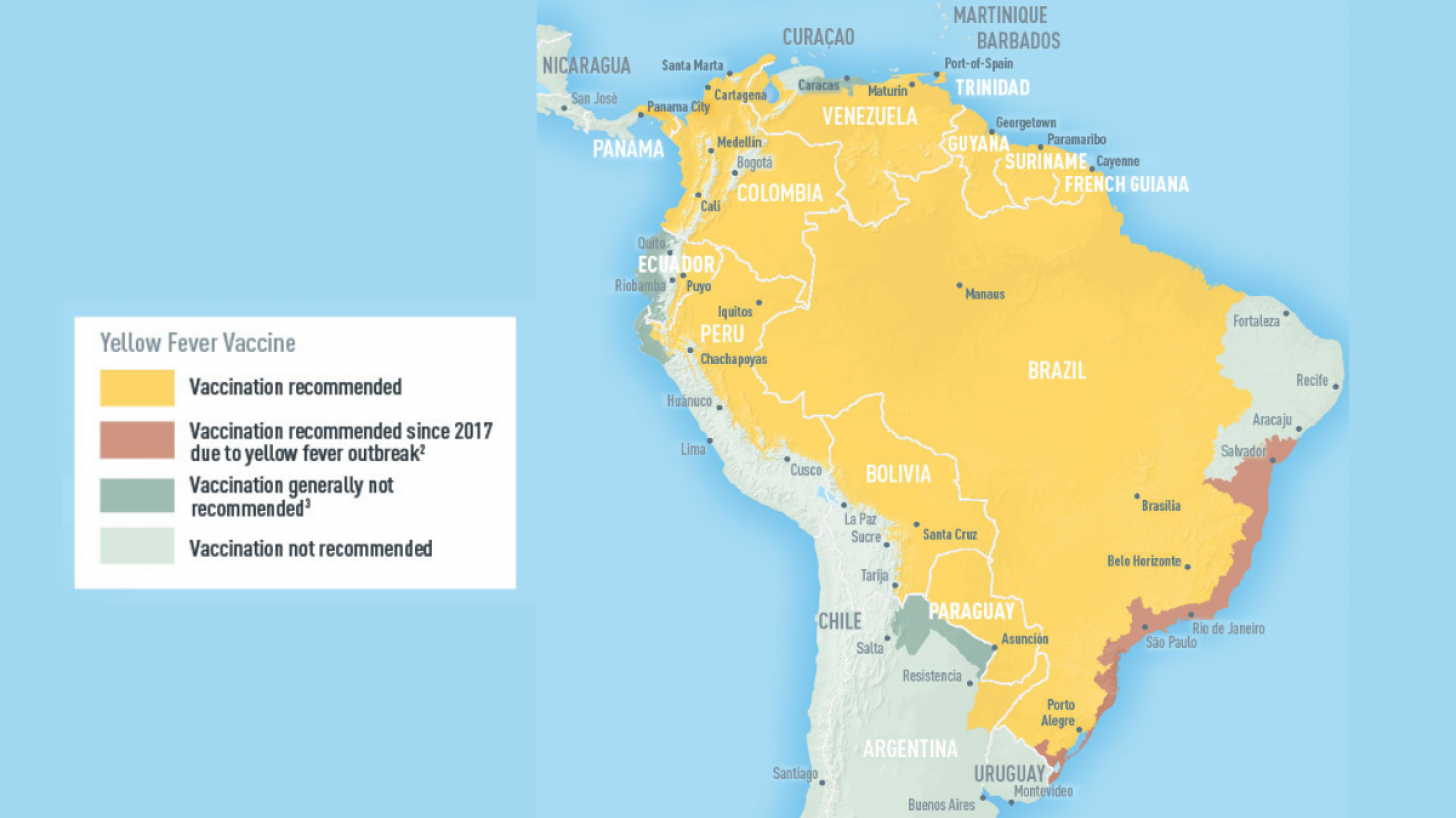
Once thought to be on the decline, the mosquito that transmits the yellow fever virus has been infecting more people than usual in the Region of the Americas.
Initially detected in the 17th century, the increase in the number of cases in 2025 from the previous year reflects, in part, a periodic reactivation of sylvatic transmission cycles in the Amazon basin.
To alert international travelers to this serious health risk, the World Health Organization (WHO) today announced that it will conduct a webinar on June 11, 2025, to highlight the need for effective control measures and ongoing epidemiological monitoring during the ongoing yellow fever outbreak.
As of early June 2025, the WHO reports major epidemics in several Latin American countries, with over 189 confirmed human cases reported in Brazil, Colombia, Peru, and the Plurinational State of Bolivia since the beginning of 2025.
Furthermore, these yellow fever infections are expanding in previously unaffected areas outside the Amazon. This indicates a new epidemiological pattern, heightening the risk of urban yellow fever transmission in cities such as São Paulo, Brazil.
The São Paulo State Health Department confirmed 679 cases of yellow fever from 2000 to 2023.
Recently, four confirmed fatal cases of yellow fever have been reported in the Republic of Ecuador, from the provinces of Morona Santiago and Zamora Chinchipe.
The WHO wrote today, While sporadic cases are expected in endemic areas, outbreaks should decline as the Eliminate Yellow Fever Epidemics multi-partner initiative aimed at eliminating yellow fever epidemics progresses.'
From a prevention perspective, effective yellow fever vaccines are available in the Caribbean, South America, and the United States. Proof of vaccination is required to visit specific countries.
In the U.S., travel vaccination clinics and pharmacies offer pre-departure appointments and advice for individuals visiting yellow fever-endemic areas during the summer of 2025.
Our Trust Standards: Medical Advisory Committee






